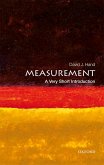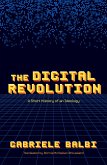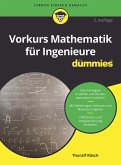Measurement is a fundamental concept that underpins almost every aspect of the modern world. It is central to the sciences, social sciences, medicine, and economics, but it affects everyday life. We measure everything - from the distance of far-off galaxies to the temperature of the air, levels of risk, political majorities, taxes, blood pressure, IQ, and weight. The history of measurement goes back to the ancient world, and its story has been one of gradual standardization. Today there are different types of measurement, levels of accuracy, and systems of units, applied in different contexts. Measurement involves notions of variability, accuracy, reliability, and error, and challenges such as the measurement of extreme values. In this Very Short Introduction, David Hand explains the common mathematical framework underlying all measurement, the main approaches to measurement, and the challenges involved. Following a brief historical account of measurement, he discusses measurement as used in the physical sciences and engineering, the life sciences and medicine, the social and behavioural sciences, economics, business, and public policy. ABOUT THE SERIES: The Very Short Introductions series from Oxford University Press contains hundreds of titles in almost every subject area. These pocket-sized books are the perfect way to get ahead in a new subject quickly. Our expert authors combine facts, analysis, perspective, new ideas, and enthusiasm to make interesting and challenging topics highly readable.
Dieser Download kann aus rechtlichen Gründen nur mit Rechnungsadresse in A, B, BG, CY, CZ, D, DK, EW, E, FIN, F, GR, HR, H, IRL, I, LT, L, LR, M, NL, PL, P, R, S, SLO, SK ausgeliefert werden.









